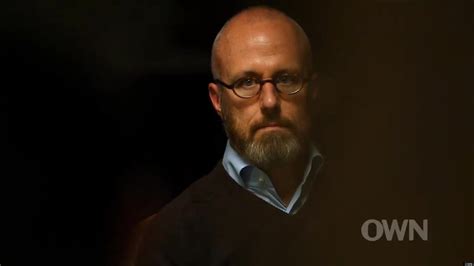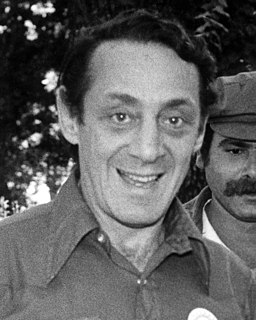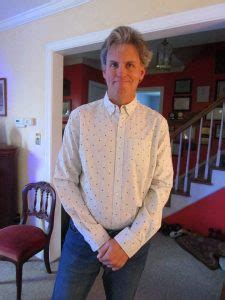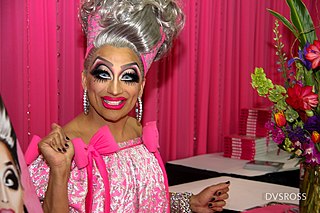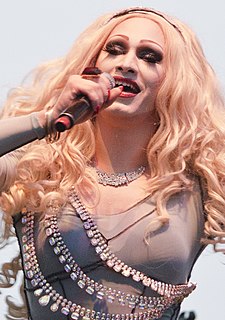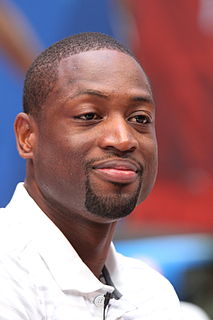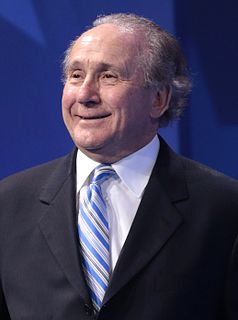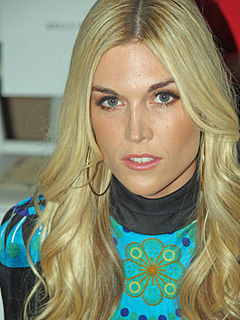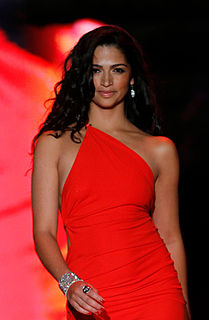A Quote by Kurt Cobain
Wearing a dress shows I can be as feminine as I want. I'm a heterosexual...big deal, but if I was a homosexual, it wouldn't matter, either.
Quote Topics
Related Quotes
For other people who are involved in unrepentant sin whether it's the sin of homosexual sexual expression or gluttony or pride or heterosexual sexual expression outside of a monogamous heterosexual marriage or any other thing - are those people in danger of losing their salvation over those issues? Would Rob Gagnon and other people make as big a deal about that as they are with this? I don't think so.
I was born of heterosexual parents. I was taught by heterosexual teachers in a fiercely heterosexual society. Television ads and newspaper ads — fiercely heterosexual. A society that puts down homosexuality. And why am I a homosexual if I'm affected by role models? I should have been a heterosexual. And no offense meant, but if teachers are going to affect you as role models, there'd be a lot of nuns running around the streets today.
A lot of denim companies deal with what the shoes of the season are going to look like, and proportions to what people are wearing on top. If girls are wearing big sweatshirts they'll want a skinnier jean, and if they're wearing tight tops they'll want a wider jean. You have to play in the playground of what's happening culturally.
Fashion has always been a source of stress for me because I don't know how to dress myself. I'm short-torsoed with big boobs, and I don't really understand what a belt does. But you get on these shows, and people fit the clothing to you, and suddenly you learn, 'Oh, I should be wearing petite jackets.'

